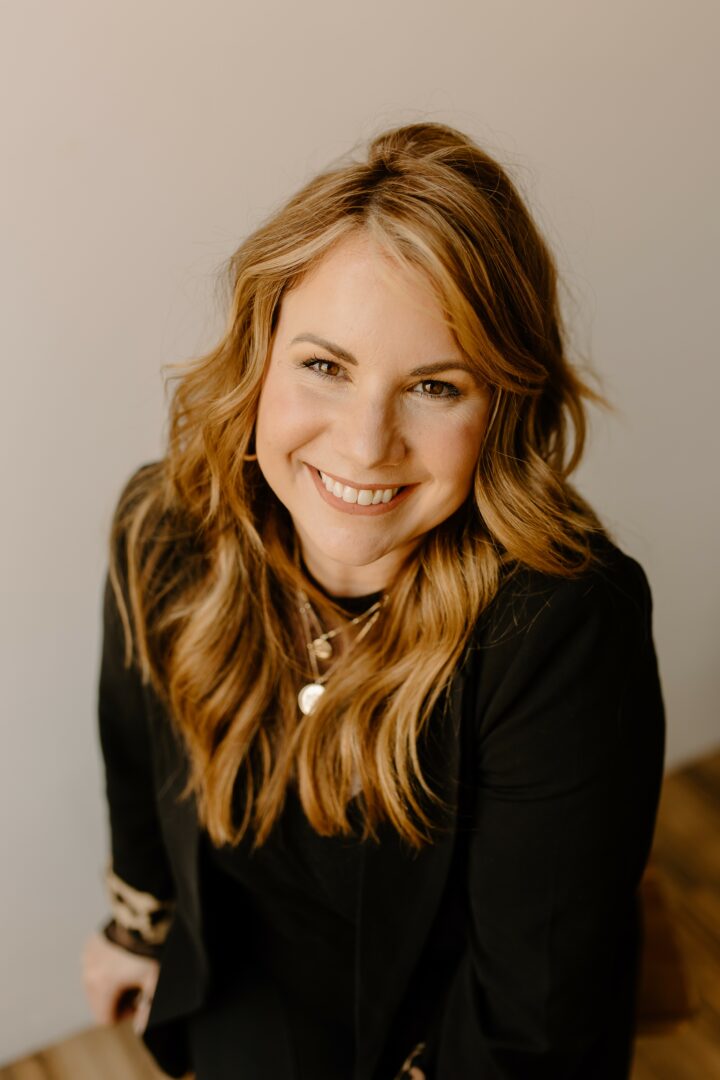We recently connected with Heather Podlesney and have shared our conversation below.
Hi Heather, thank you so much for agreeing to open up about a sensitive and personal topic like being fired or laid-off. Unfortunately, there has been a rise in layoffs recently and so your insight and experience with overcoming being let go is relevant to so many in the community.
Overcoming being boxed in by corporate roles can be challenging but also incredibly liberating. When I got let go last July, I realized it was a chance to break free from those constraints. I started by embracing my passion for helping salons and stylists thrive with creative marketing strategies. It wasn’t easy at first, but each setback taught me resilience and determination.
I began by reflecting on my experiences, honing my skills, and building a network of support. The pivotal moment was deciding to turn my setback into an opportunity by launching my own consulting business. I also owned a small online boutique with a store front, and at the end of the year, I closed it to go all in on consulting. It allowed me to define my own path, unleash my creativity, and truly connect with clients on a personal level.
Now, I’m excited to share how I navigated those challenges and built something meaningful. It’s all about taking risks, trusting in your abilities, and believing in the unique value you bring to the table.
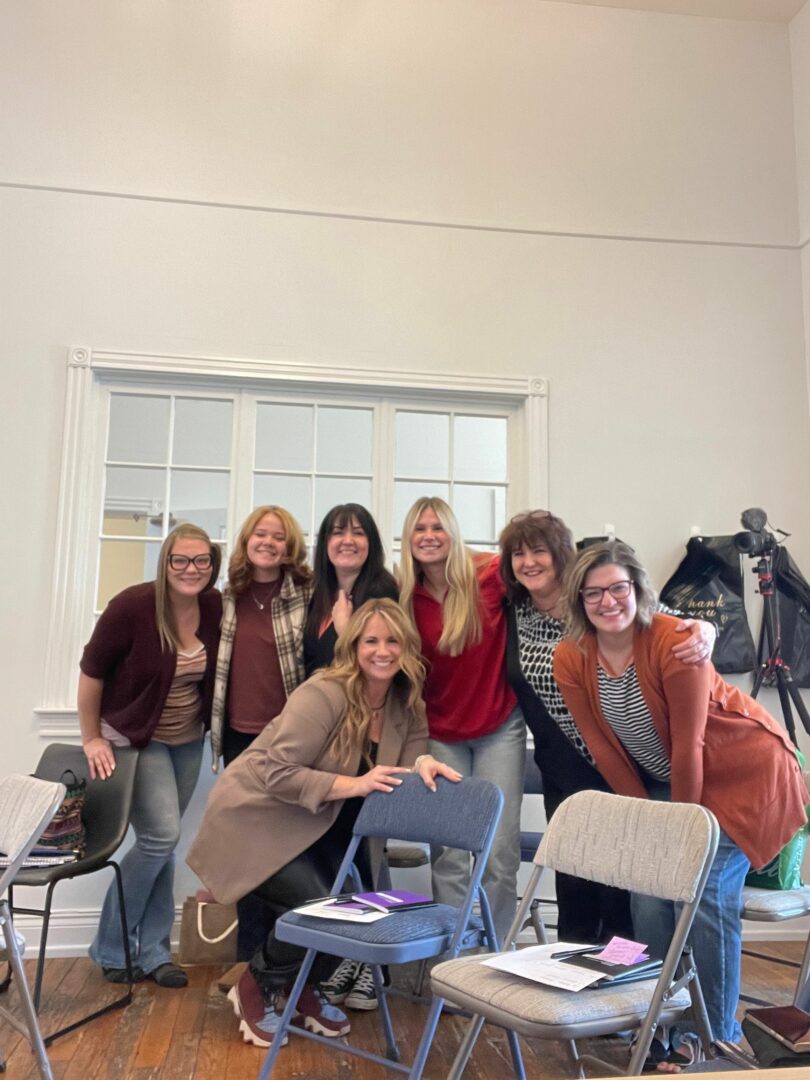
Great, so let’s take a few minutes and cover your story. What should folks know about you and what you do?
I’m Heather Podlesney (or most people know me as Heather Pod), and I help salon owners and independent stylists build sustainable, profitable businesses through smart marketing, strategic retail promotions, and realistic business planning. After years in corporate salon marketing—where I often felt boxed in—I took the leap into independent consulting. Now, I work directly with stylists to create strategies that actually work for their unique businesses, not just generic, one-size-fits-all advice. I have over 20 years of industry experience that range from growing up in a salon, working behind the chair, and working with owners and managers to create amazing promotions and growth plans.
What excites me most is helping stylists take control of their income—whether that’s through smarter pricing, retail strategies, or social media marketing that attracts the right clients. There’s nothing better than seeing a stylist go from feeling overwhelmed and underpaid to running a business that supports their life, not the other way around. When I first started as a hairstylist, I was always told I would need someone to support me. I could never make it, just doing hair. As I started my corporate journey and coached hundreds of independent stylists to build the life of their dreams working 35-40 hours a week, I realized, I had something special that so many people in our industry needed.
Right now, I’m focused on launching my Retail Promo Playbook, a full-year roadmap for salons to maximize their retail sales without feeling salesy. I’m also expanding my podcast, The Hair Hustle Podcast, to give stylists real, actionable business advice each week. And later this year, I’ll be launching Chair Money, an online course designed to help independent stylists create financial stability in their business. I also offer in salon education options, one on one and virtual coaching options.
My goal is simple: to help stylists make more money, work smarter (not harder), and build a career they love to live out the beautiful life they desire. If you’re in the salon industry and looking for support, I’d love to connect!
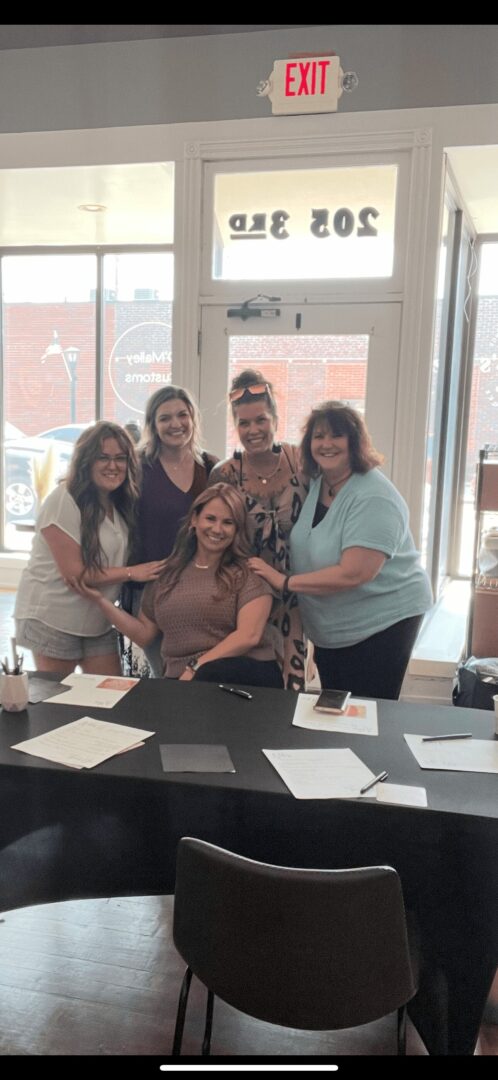
Looking back, what do you think were the three qualities, skills, or areas of knowledge that were most impactful in your journey? What advice do you have for folks who are early in their journey in terms of how they can best develop or improve on these?
Looking back, three key things made the biggest impact on my journey:
1. Resilience & Adaptability
Getting let go from corporate could have been the end of the story, but instead, it was the beginning of something better. I had to be willing to pivot, figure things out as I went, and not let setbacks define me.
Advice: If you’re early in your journey, expect roadblocks. The key is to treat failures as lessons, not endings. Stay flexible, be willing to learn new skills, and trust that every challenge is shaping you for what’s next.
2. The Ability to Market & Sell Authentically
In corporate, I learned the mechanics of marketing, but when I went out on my own, I had to figure out how to do it in a way that felt real. Selling isn’t about pushing—it’s about solving problems. When I shifted my mindset to showing up, serving, and sharing my knowledge, my business grew.
Advice: No matter what industry you’re in, learn how to market yourself. Whether that’s social media, email marketing, or in-person networking, find a way to showcase what you do that feels natural. Do not stay with companies who do not allow you to build a personal brand. That should have been my red flag years ago.
3. Financial & Business Strategy
Being great at what you do isn’t enough—you have to know how to run a business. I had to learn how to price my services correctly, manage my time, and create income stability as a consultant. I still have a hard time with this, but it helps to always make time to focus on this. Live below your means, I never could have started this if I lived above my means. I would have had to scramble to find something. My husbands and I worked hard to get rid of our consumer debt 7 years ago. It was hard, but a blessing.
Advice: If you’re just starting, don’t ignore the numbers. Learn how to budget, price your services properly, and create predictable income streams. Whether it’s reading books, taking a course, or getting a mentor, invest in financial education early—it’ll save you so much stress later.
Ultimately, success comes down to being willing to bet on yourself. If you’re just starting out, keep going—your future self will thank you!
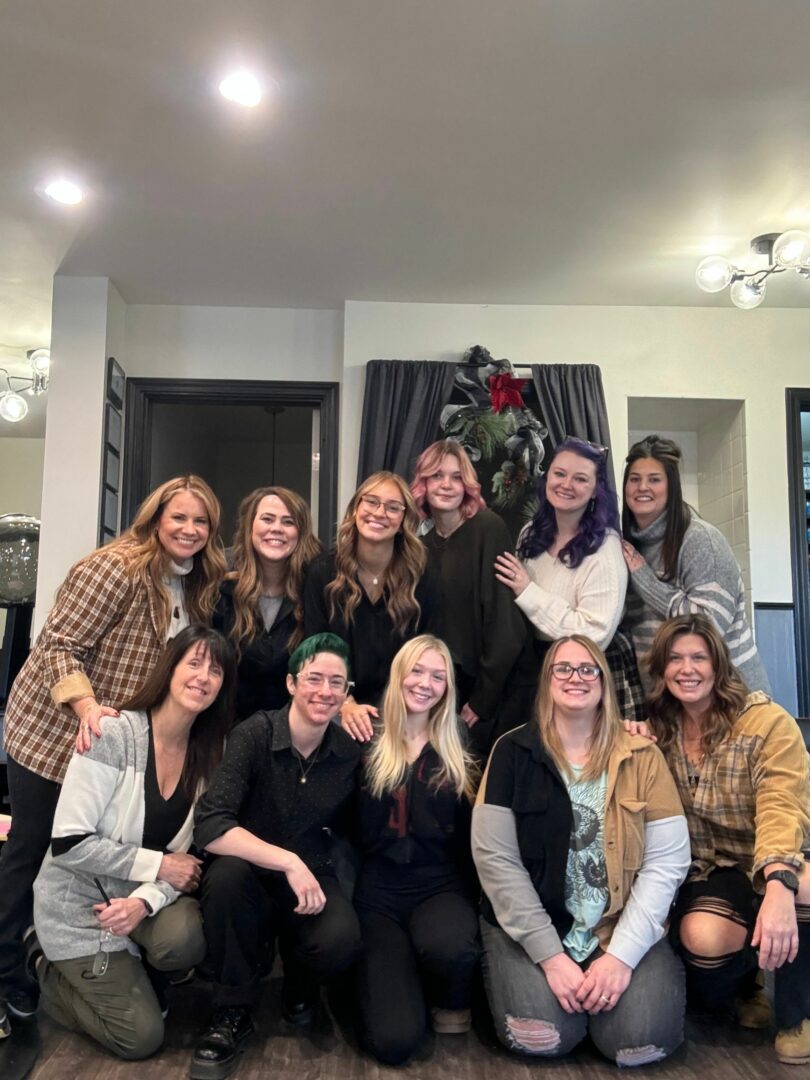
As we end our chat, is there a book you can leave people with that’s been meaningful to you and your development?
Amy Porterfield’s Two Weeks Notice was another game-changer in my journey. It’s all about transitioning from employee to entrepreneur, and it gave me the confidence and strategies to step fully into my consulting business.
Key Takeaways from Two Weeks Notice
1. You Don’t Need Permission to Build Your Own Thing
Leaving corporate felt scary, but Porterfield’s book reminded me that no one is going to come and “approve” your next move—you have to give yourself that permission. When I stopped waiting for the perfect time and just started, things began to fall into place.
2. List Building is Everything
Porterfield is huge on owning your audience, and this was a big shift for me. Social media is great, but email lists are gold. I started focusing on lead magnets, opt-ins, and growing my email list so I wasn’t relying solely on algorithms.
3. Building a Business That Works for You
One of the biggest lessons? Entrepreneurship doesn’t mean recreating the corporate grind. I structured my consulting business around my life—not the other way around. That meant setting boundaries, creating offers that fit my strengths, and building recurring revenue so I wasn’t constantly chasing clients.
How Two Weeks Notice Impacted My Business
This book helped me refine my strategy, especially when it came to positioning my expertise, marketing my services, and creating a sustainable business. It reinforced the importance of betting on myself, being intentional with my audience, and designing a business that gives me freedom—not burnout.
If you’re a stylist, salon owner, or entrepreneur thinking about taking the leap, Two Weeks Notice is the guide you need. It’ll help you move from hesitation to action—just like it did for me!
Another book that I absolutely love is The Power of One More by Ed Mylett.
Contact Info:
- Website: https://www.heatherpod.com
- Instagram: @heatherpodsaloncoach
- Facebook: https://www.facebook.com/heatherpodsc
- Youtube: https://www.youtube.com/@HeatherPod
- Other: Podcast: The Hair Hustle Podcast (on apple and spotify)
Pinterest: https://www.pinterest.com/helloheatherpod/
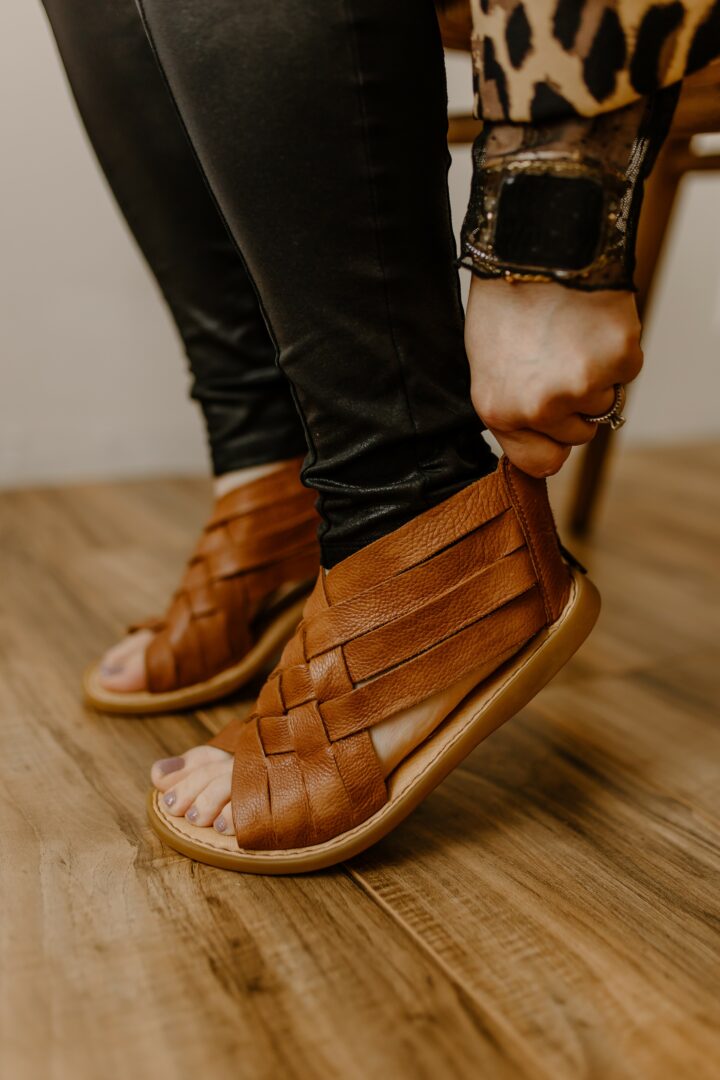
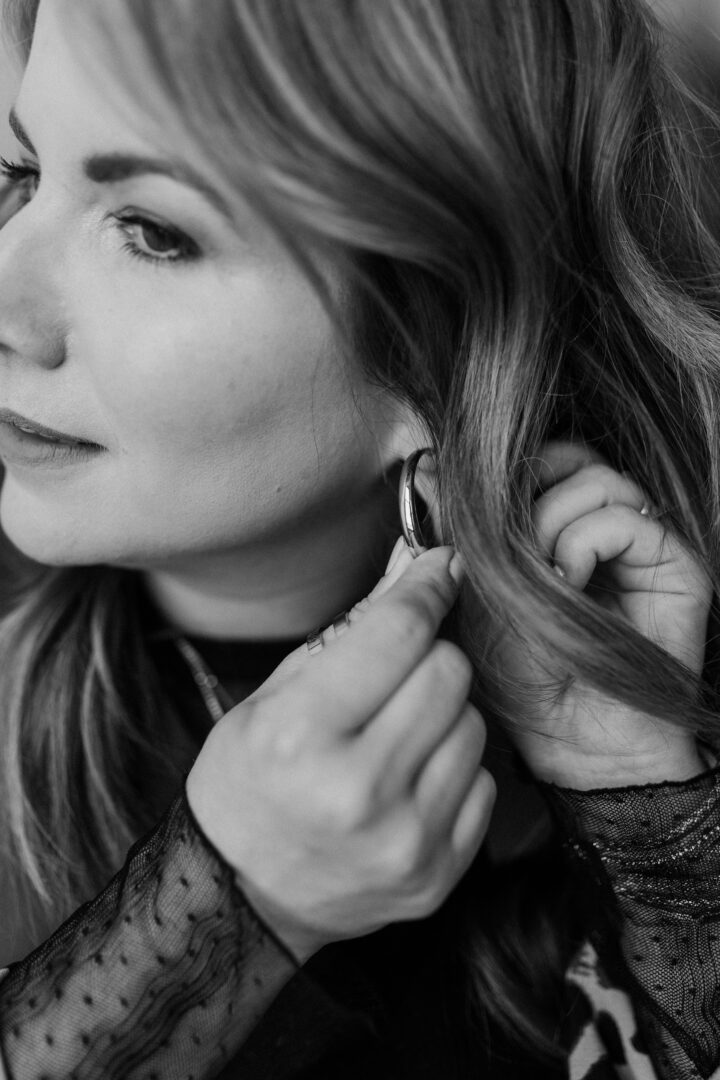
so if you or someone you know deserves recognition please let us know here.

